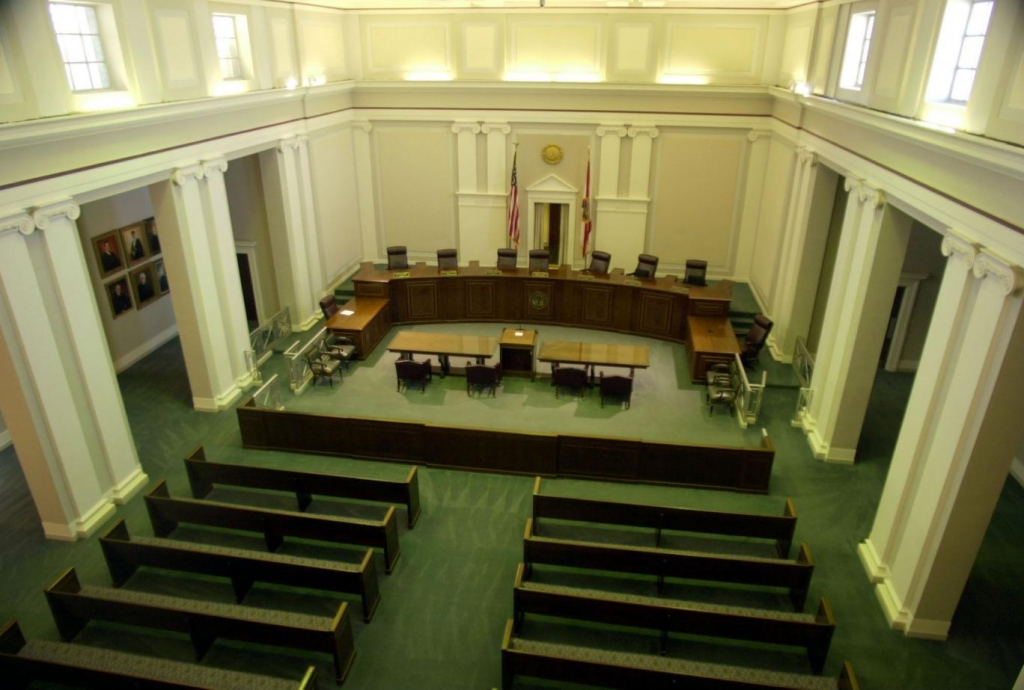-
Tips for becoming a good boxer - November 6, 2020
-
7 expert tips for making your hens night a memorable one - November 6, 2020
-
5 reasons to host your Christmas party on a cruise boat - November 6, 2020
-
What to do when you’re charged with a crime - November 6, 2020
-
Should you get one or multiple dogs? Here’s all you need to know - November 3, 2020
-
A Guide: How to Build Your Very Own Magic Mirror - February 14, 2019
-
Our Top Inspirational Baseball Stars - November 24, 2018
-
Five Tech Tools That Will Help You Turn Your Blog into a Business - November 24, 2018
-
How to Indulge on Vacation without Expanding Your Waist - November 9, 2018
-
5 Strategies for Businesses to Appeal to Today’s Increasingly Mobile-Crazed Customers - November 9, 2018
Florida’s death penalty procedures declared unconsitutional by U.S
On Tuesday, the Supreme Court struck down Florida’s death sentencing scheme as unconstitutional because the state relied on “a judge’s factfinding” and not “a jury’s verdict” to sentence a person to death.
Advertisement
Florida requires the trial judge, not the jury to make the critical findings necessary to impose the death penalty. Once again, a jury recommended a death sentence for Hurst, but they did so on a 7-to-5 vote – indicating that at least some of the jurors weren’t fully convinced that the circumstances of Hurst’s case merited a death sentence.
Florida’s sentencing scheme, which required the judge alone to find the existence of an aggravating circumstance, is…unconstitutional.
This story is developing.
Challengers said the state law conflicts with the Supreme Court’s decision in 2002, which said that a defendant has the right to have a jury – rather than a judge – decide whether something extraordinary about the crime makes the defendant eligible for the death penalty.
But the jury that recommended Asay die recommended death by an 9-3 vote. Gov. Rick Scott signed the death warrant for the Jacksonville man last week for two 1987 murders, and Asay is scheduled to be executed in March. “Here, we simply have to adjust and modernize our death penalty system so that it comports with what the Supreme Court has said, and when we do that, I think we’ll be back on track to have a good system in place”.
“This case will trigger challenges by virtually everybody on Florida’s death row”, said Mr Dunham.
Conservative Justice Samuel Alito was the sole dissenter.
Advertisement
The Supreme Court’s opinion in Hurst v. Florida is available here. “The maximum punishment Timothy Hurst could have received without any judge-made findings was life in prison without parole”, she said. Under Florida law, a judge must give this advice “great weight” in the sentencing determination, but it ultimately his or her “independent judgment” that determines if death is an appropriate sentence. It was one of only three death penalty states without the requirement. The others are Alabama and Delaware. “This isn’t like some Supreme Court decisions that forever bind us to a particular ideology”.





























